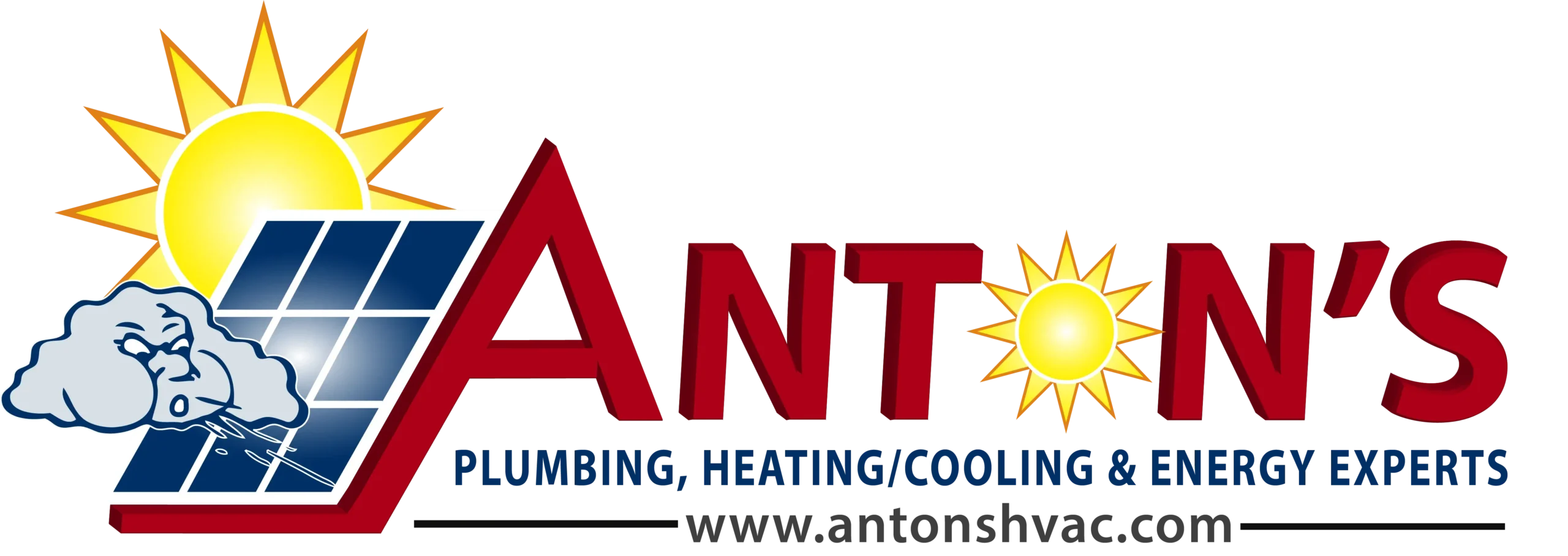You are proactive in managing your commercial facility’s equipment. You like everything to be top-notch.
Not only that, but you also love to avoid future problems. That’s why you should conduct regular commercial HVAC maintenance.
The HVAC services market is growing. In 2020, they valued it at 57.8 billion USD and expect to reach 82.5 billion USD by the year 2026. With the benefits, it offers, like better health for the occupants, no wonder this market is growing so rapidly.
Most commercial HVAC systems can last about ten to fifteen years. With the right maintenance, though, you can increase the life of the HVAC system by approximately 33%. It also reduces your overall operating costs, which we will explain shortly.
There is tremendous value in commercial HVAC preventive maintenance. If you are not convinced at the moment, then the following details will make you think twice.
What is Commercial HVAC?
Heating, ventilation, and air conditioning for commercial facilities, or commercial HVAC systems, serve the same purpose as a residential HVAC system. It keeps occupants cozy with air that is of high quality. It keeps the building at approximately 72 degrees in temperature and humidity which is about 40% to 60%.
You usually heat a commercial building’s air by burning fuel, whether it be gas, oil, or electric.
It is the opposite of cooling the air. The system will extract hot air indoors and cool it off with refrigerant or by a water-cooled system. This process gets rid of extra humidity as it cools the air.
The ventilation system will use fans to bring in needed outside air. Both the outdoor air and re-cycled indoor air pass a filtration, ridding the commercial building of contaminated air. They maintain CO2 at less than 1000 molecules per million.
When the ventilation is effective, it reduces odors and dilutes gases like carbon dioxide. This prevents respiratory illnesses from spreading.
You need this in place. Otherwise, you can’t get rid of the unwanted particles, which makes the air stale. Mold and mildew have the opportunity to run rampant.
Types of Commercial HVAC
Commercial building HVAC systems have three main configurations. You can use them in a variety of ways.
Packaged Systems
A commercial HVAC packaged system is an all-in-one unit. It has the following components:
Compressor
Condenser
Evaporator
Fan coil
Thermostat integrated
This type of configuration works well in buildings that don’t have the space for something bigger. If your commercial building requires residents to control the room’s air quality and temperature, this is a good option. This can be for places like hospitals, hotels, condominiums, and senior housing.
Split Systems
Typically, this type of commercial HVAC connects to the facility’s ductwork. It’s ideal for a residential building. They also work well for small offices, small stores, and restaurants.
You can control every area through DDC or a thermostat. The only challenge is that it may require separate sets of HVAC units. This can add clutter around the building or on the rooftop.
You could add zoning, but it is expensive. Another option to cool and heat different areas of a medium or large-sized commercial facility at the same time is to install a variable refrigerant flow system or VRF. VRFs are new to the U.S. and thus uncommon.
Rooftop RTU HVAC
A rooftop commercial HVAC unit, otherwise known as TRU, is on the roof. You can install this on a flat roof that is ten floors up or less. They contain a condenser, compressor, evaporator, and blower.
Whichever type of HVAC system your building has, you need commercial HVAC preventive maintenance for better quality air and overall reduction of operating costs.
Benefits of HVAC Maintenance for Commercial Buildings
Commercial HVAC preventive maintenance can lower overall maintenance costs, and has the following major benefits:
Extended equipment life
Reduction in energy use
Less potential for system downtime
Fewer interruptions to the business
When an HVAC system is not efficient, it’s costly. First, you will consume higher energy, which leads to a higher utility bill.
Second, if you are not doing your due diligence with regular maintenance, you will incur instances of commercial HVAC repair. You must keep up to date on service calls to find problems early on and avoid expensive repairs altogether. You may even find that you will eliminate issues that become an emergency call.
Longer Life Span
Just like your car needs an oil change to extend the life of the vehicle, air conditioning and heating equipment require regular maintenance. You don’t want your HVAC to have dirty coils and moving parts that are clogged. Otherwise, your equipment must work harder, and eventually, it will fail or burn out.
With preventative maintenance, you give your HVAC system a chance at a longer shelf life with less need for repairs and replacements.
Better Air Quality
The well-being of your occupants is a priority for your business. If you allow the coils and blower parts to remain dirty, this causes pollution in the indoor air. Now, you have concerns about fungi, bacteria, and pollen build-up.
You risk a build-up that leads to health concerns such as asthma attacks, inflation of the eye and nose, as well as flu-like illnesses. Regular commercial HVAC maintenance helps reduce contamination to the airstream of your system. This makes for a healthier environment for anyone occupying your facility.
Improved Energy Efficiency
Whole Building Design Guide reports that HVAC equipment uses 39% of a U.S. commercial building’s energy. Based on this study, using a high-performance HVAC system can save energy anywhere from 10% to 40%. You can achieve this with proper HVAC maintenance for commercial buildings.
Commercial HVAC Maintenance in St. Louis
Serving St. Louis and its surrounding neighborhoods, Anton’s Air Conditioning and Heating is a full-service HVAC company. With nearly 40 years in business, we specialize in commercial HVAC maintenance. If you are ready to reap the benefits like the ones we mentioned, contact us right now for additional details.
